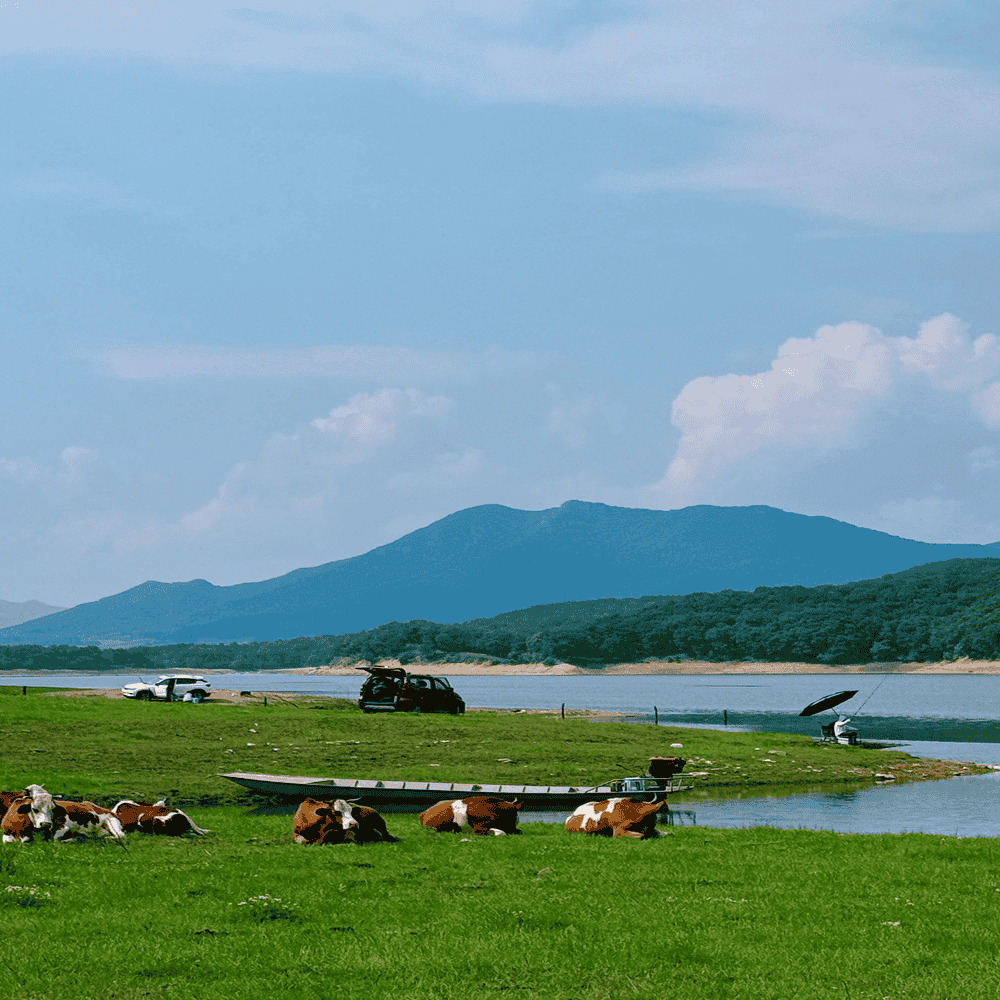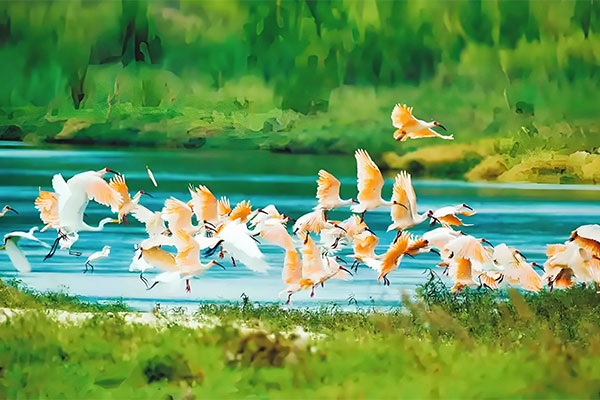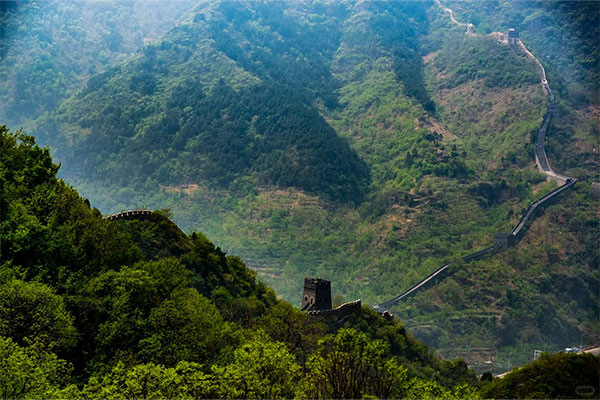Momong National Nature Reserve
Introduction
The Momong National Nature Reserve is located in Zhenlai County, Baicheng City, in the northwest of Jilin Province. It is located in the north of Songnen Plain and the lower reaches of Nenjiang River, with a total area of 144,000 hectares. The reserve was established in 1981 and was approved to be promoted to a national nature reserve in 2002. It is one of the largest wetland reserves in China and an important bird habitat and migration channel in the world.
Advantages
-
Rich biodiversity: The reserve has rich wildlife resources and is an important habitat for many rare and endangered species.
-
Complete wetland ecosystem: It has typical inland wetland ecosystem characteristics and is of great significance to maintaining regional ecological balance.
-
High scientific research value: As a scientific research and teaching base, it has important scientific value for studying wetland ecology, biodiversity and climate change.

Ticket price
No specific ticket price information has been found yet. It is recommended to directly consult the local tourism department or official website to obtain the latest ticket price information.
Opening hours
Usually, the nature reserve is open during the daytime in summer (May to September). The specific opening hours may vary depending on the season and management policy. It is recommended to check the official announcement in advance or contact the scenic spot for confirmation.
Transportation
- Self-driving tour: You can go along the G302 National Road and arrive about 40 kilometers away from the county seat.
- Public transportation: You can take a shuttle bus to the reserve in Zhenlai County, but the bus is less frequent, so you need to plan your trip in advance.
Notes
- Comply with regulations: When entering the reserve, you must comply with relevant management regulations, and you must not collect animal and plant specimens or engage in other behaviors that damage the ecological environment without authorization.
- Safety first: Pay attention to your own safety and avoid acting alone, especially in areas where wild animals frequently appear.
- Protect the environment: Keep the environment clean, do not litter, and jointly maintain this precious natural resource.











